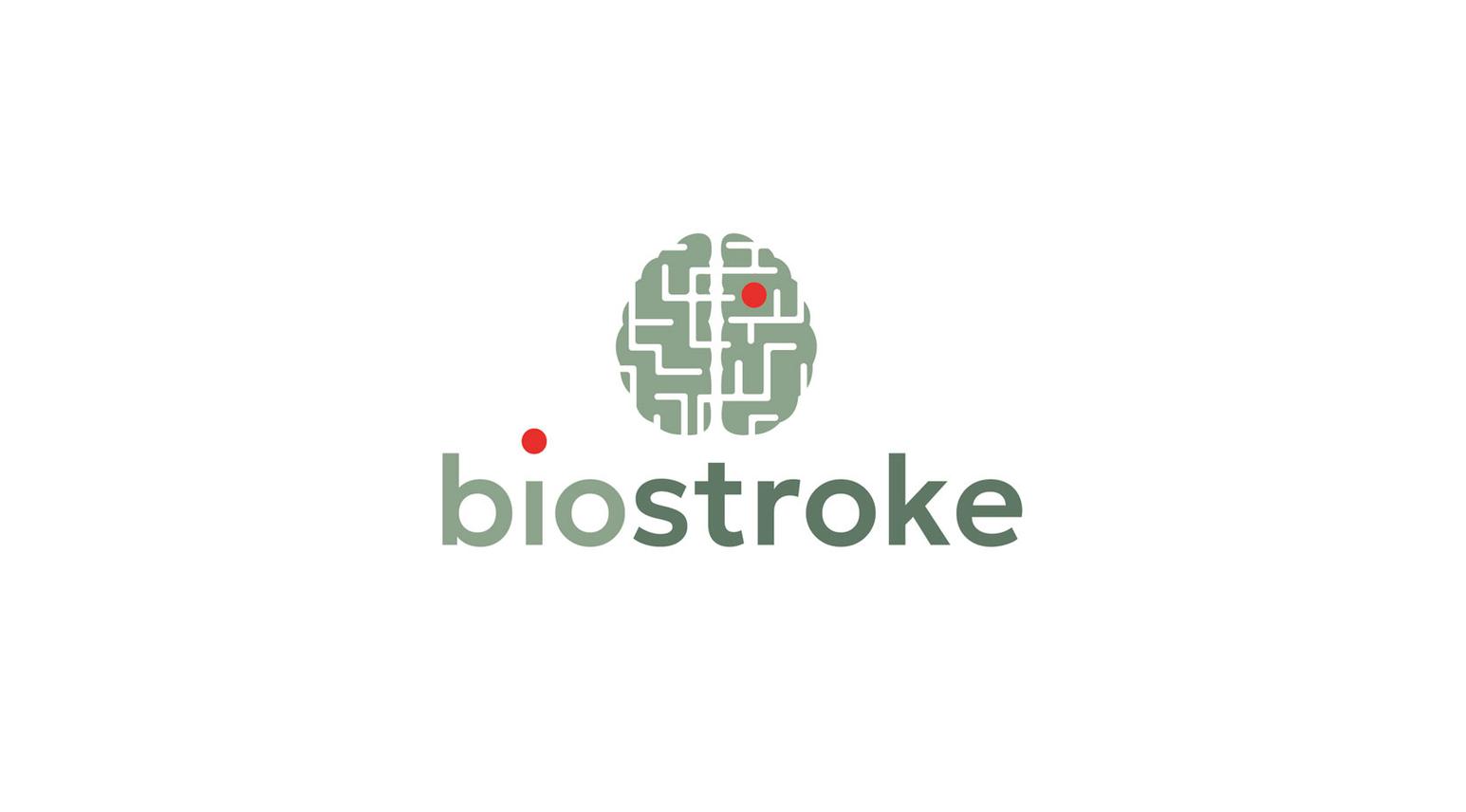
BIOSTROKE Meeting 2026
We cordially invite you to join the 2nd BIOSTROKE Meeting,
taking place at the historic Hohenkammer Castle near Munich from February 23 to 25, 2026.
BIOSTROKE offers a unique platform to advance biomarker science in stroke care and foster interdisciplinary collaboration between experts in stroke biomarker research, cardiovascular medicine, and neuroscience. Bringing together 120 participants, the meeting will facilitate in-depth scientific exchange on the most pressing, unsolved challenges in clinical decision-making with sessions across the stroke care continuum – from prehospital management to secondary prevention and long-term recovery. The program features talks by internationally recognized leaders, alongside presentations selected from submitted abstracts. The format prioritizes open discussion and informal interactions among scientists of all career levels.
BIOSTROKE is endorsed by the European Stroke Organization (ESO) and the European Society of Minimally Invasive Neurological Therapy (ESMINT). CME/CPD accreditation is currently in process. Participation requires registration via this website and is on a first-come, first-served basis.
We look forward to welcoming you in Munich in February 2026!
John McCabe, Johanna Ospel, Steffen Tiedt
Timeline:
• Registration: open until all seats are taken
• Abstract submission deadline: Dec 8, 2025
• Notification of abstract acceptance: Jan 6, 2026
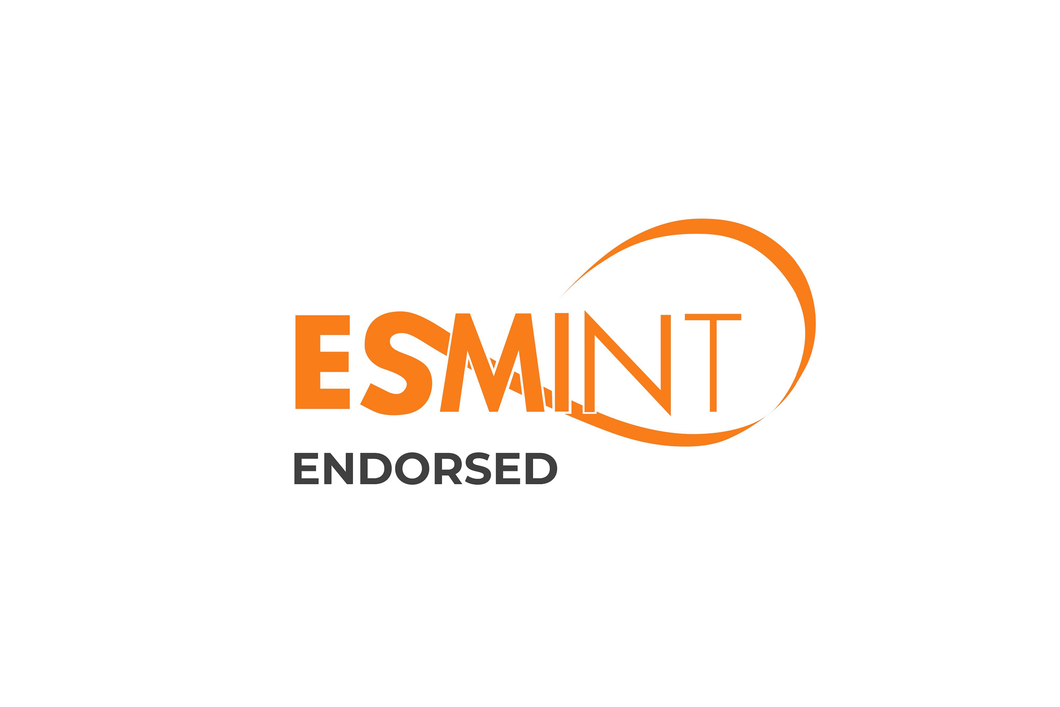
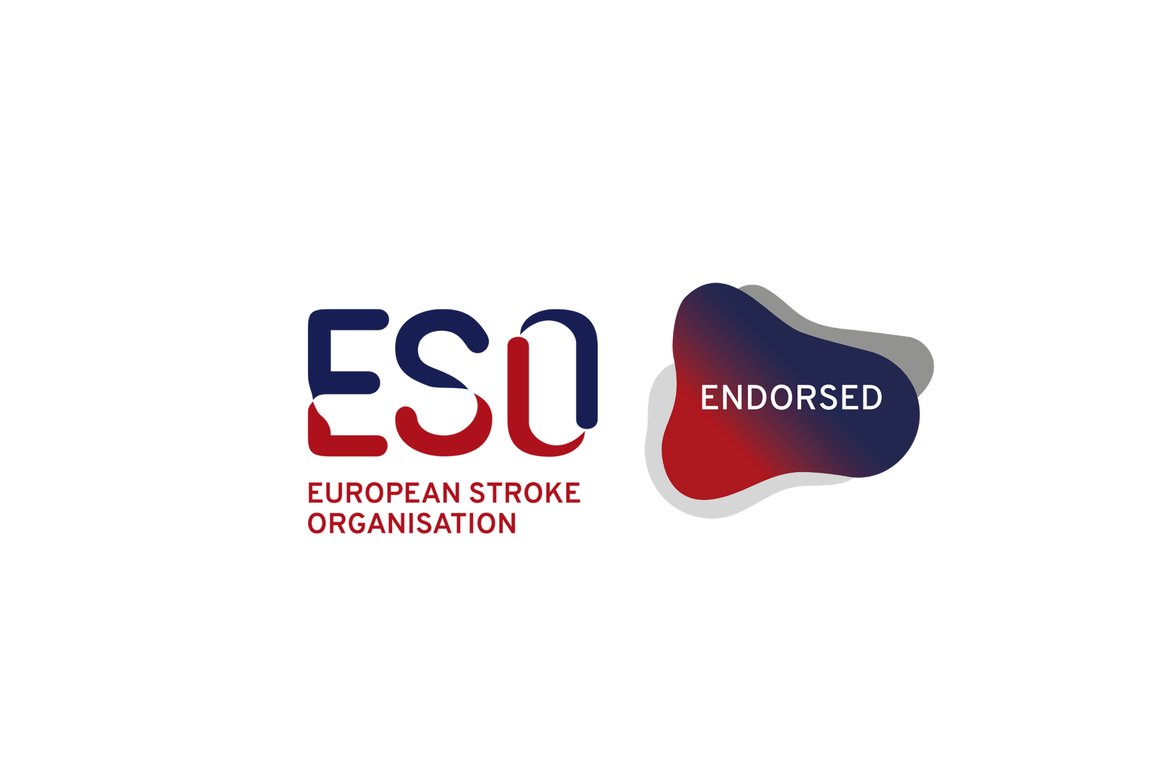
PROGRAM
Each scientific session will consist of 3 invited talks (each 25-30 minutes including discussion) and 2 oral presentations selected from abstracts (each 15 min including questions). Each session will be chaired by two experts (one female, one male).
11.30 – 12.30
Registration and light lunch in the lobby
12.30 – 12.35
Welcome note
12.35 – 14.30
Session I: ICH
Karin Klijn: Perspectives on the high burden of ICH – what do we know?
Neshika Samarasekera: ICH progression: pathophysiological concepts and biomarkers
Marieke Wermer: Diagnostic and prognostic biomarkers for CAA
Short talk from abstracts:
Umberto Pensato: Evolution Patterns of Spot Sign to Stratify Intracerebral Hemorrhage Expansion Risk
Short talk from abstracts:
Naomi Vlegels: Brain-derived tau for assessing neuronal injury in intracerebral hemorrhage
14.30 – 15.00
Coffee break
15.00 – 17.00
Session II: Novel technologies and concepts
Corinne Benakis: The gut microbiome in stroke: Biomarker and Treatment target?
Lauren Hablitz: The Glymphatic system in stroke: biomarker and treat-ment target?
Taylor Kimberly: Portable MRI: Can serial MRI imaging with portable de-vices guide clinical management?
Short talk from abstracts:
Märit Jensen: Circulating Metabolites Are Biomarker Candidates for Stroke Risk Prediction – Results From The BiomarCARE consortium
Short talk from abstracts:
Umberto Pensato: Association between Time and Severe Hypoperfusion with Risk of Hemorrhagic Transformation in Stroke Patients
17.00 – 18.00
Keynote lecture:
Tony Wyss-Coray: Blood testing to track organ health and ageing
18.00 – 19.00
Welcome reception
19.00
Dinner
8.30 – 10.30
Session III: Prehospital care
Natalia Perez de la Ossa: Prehospital detection of LVO and ICH – when & where does it matter?
Niels van Royen: Troponin to guide hospital admission – a cardiologist’s perspective on prehospital biomarkers
Chris Price: Clinical scales and molecular biomarkers for prehospital stroke triage
Short talk from abstracts:
Leire Azurmendi Gil: Prehospital Detection of Large Vessel Occlusion Using Biomarkers and Clinical Variables in Mobile Stroke Units
Short talk from abstracts:
Kian Röhrs: Berlin Prehospital Collection of Biosamples in Stroke and other Emergencies - B_PRECISE
10.30 – 11.00
Coffee break
11.00 – 13.00
Session IV: Stroke progression and recovery
Frédéric Clarençon: Imaging-based selection of patients for acute stroke tri-als: challenges and perspectives
Michael Hill: Surrogate markers of treatment effects in acute stroke trials
Cathy Stinear: Biomarkers for Motor Recovery: Predicting Outcomes and Guiding Rehabilitation in Stroke
Short talk from abstracts:
Jule Filler: Plasma NfL and GFAP in acute stroke: clinical determinants and prognostic value for 5-year cognitive outcomes
Short talk from abstracts:
Cao Wei: Integrated Multi-Omics Factor Analysis Identifies Early Molecular Signatures of Brain Injury in Ischemic Stroke
13.00 – 14.00
Lunch
14.00 – 17.30
BIOSTROKE session
Tanja Zeller: How to build a successful biomarker consortium – Insights from BiomarCaRE
Consortium meeting
Working groups breakout-time
17.30 – 19.00
Poster session (with wine and snacks) (poster prize)
19.00
Dinner
8.30 – 10.30
Session V: Atrial cardiopathy
Hooman Kamel: Biomarker-Guided Patient Selection for Anticoagulation Trials
Märit Jensen: AF burden revisited: biomarker and treatment target
Christian Ruff: Factor XI Inhibition: Biology, Biomarkers for Patient Selection, and Bridging the Gap to Personalized Clinical Care
Short talk from abstracts:
Jan Scheitz: Plasma proteomic profiles linked to post-stroke myocardial injury
Short talk from abstracts:
Gerrit Große: Symmetric dimethylarginine for risk stratification of cardioembolic stroke etiology
10.30 – 11.00
Coffee break
11.00 – 13.00
Session VI: Vascular disease
Anna Kopczak: Imaging-based selection of patients for intervention and secondary prevention trials
John McCabe: Inflammatory mediators of stroke risk
Closing lecture:
Pradeep Natarajan: From Bench-to-Bedside: Genetics for Precision Medicine in Vascular Disease
Short talk from abstracts:
Jane Buckley: TNF Signalling and Risk of Stroke
Short talk from abstracts:
Yasin Eshraghi: Paired plasma-thrombus proteomics identify inflammation as a key determinant of thrombus composition
13.00 – 14.00
Farewell & Lunch
REGISTRATION
Participation in the conference is limited to 120 attendees, with seats allocated on a first-come, first-served basis. We strongly encourage participation from PhD students, postdoctoral researchers, and scientists from underrepresented backgrounds. To support the next generation of researchers, 20 seats are reserved for early career investigators – including students, postdocs, and residents – at a reduced registration rate. Once these spots are filled, early career participants are welcome to register at the regular rate.
Registration includes:
• Access to all talks and poster sessions
• Accommodation (single room, 2 nights from February 23-25 2026 at Castle Hohenkammer, Munich)
• All meals and coffee breaks (not including extra alcoholic beverages)
This registration link is intended for academic participants and clinicians. Industry representatives who are interested in attending are kindly asked to contact the organizers directly.
SPEAKERS

University of Calgary, Canada
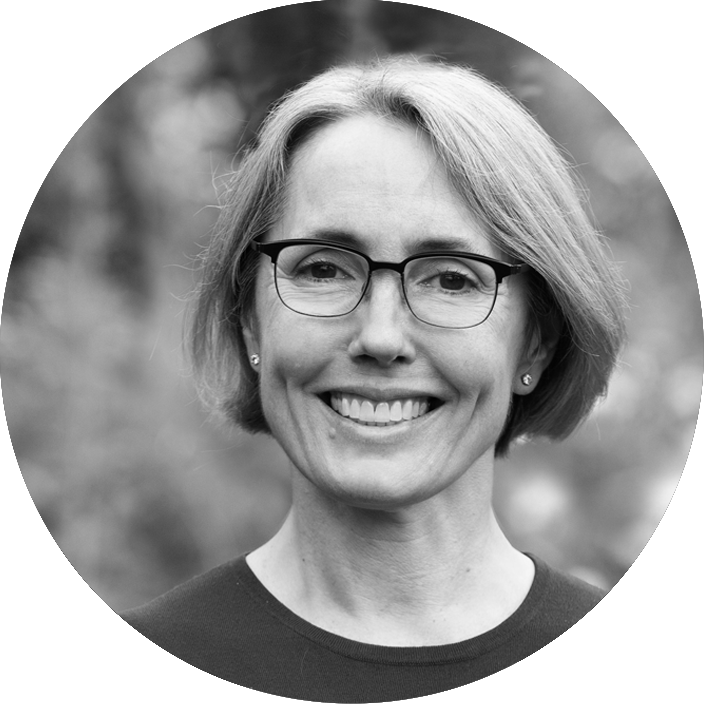
University of Auckland, New Zealand

Stanford University, United States

University Medical
Center Groningen, The Netherlands

Weill Cornell Medicine, New York, United States
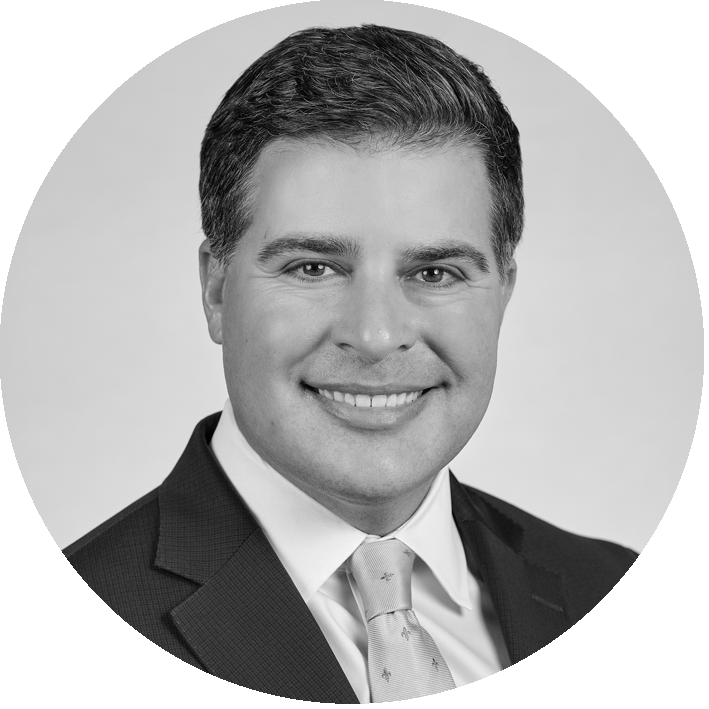
Brigham and Women’s Hospital, Harvard Medical School, United States
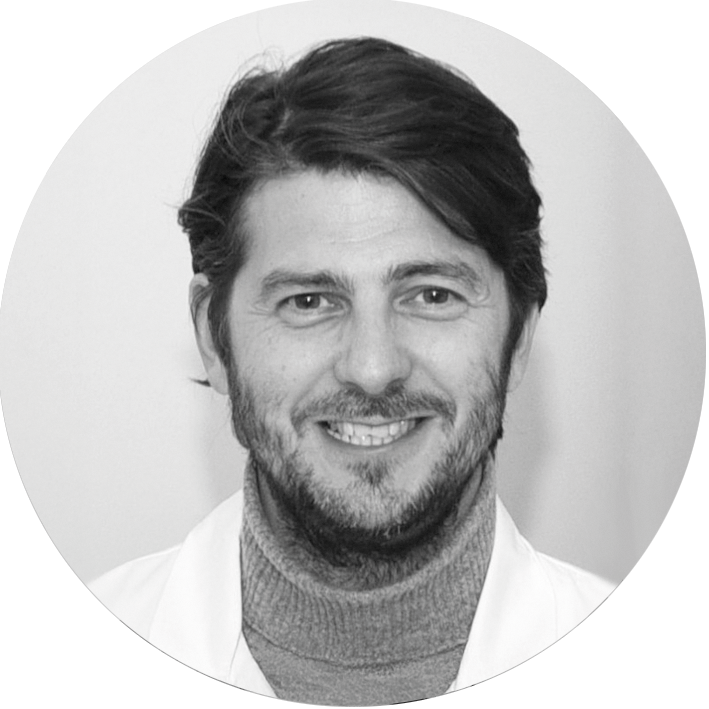
Interventional Neuroradiology, Pitié-Salpêtrière Hospital, Paris, France
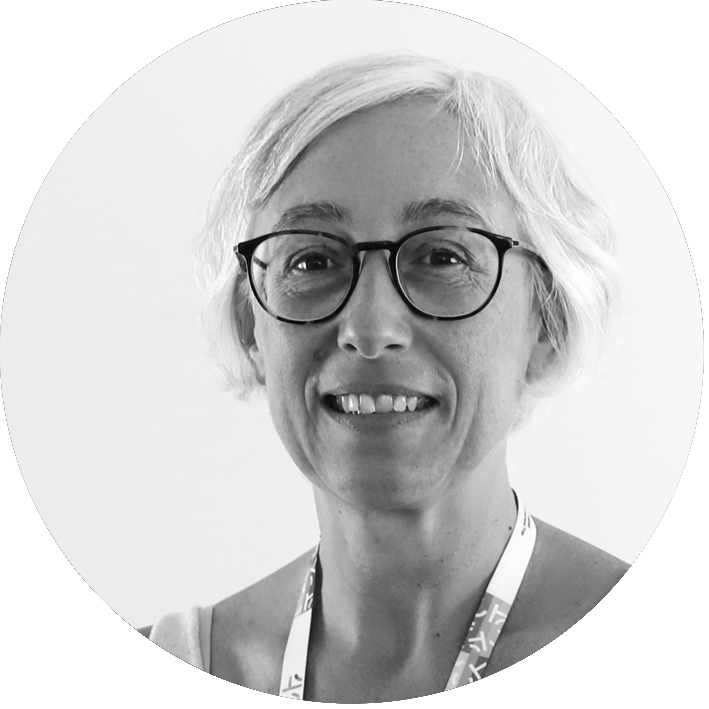

Massachusetts General Hospital, Harvard Medical School, United States

University
of Edinburgh, UK

Massachusetts General Hospital, Harvard Medical School, United States

University of Rochester Medical Center, United States

UKSH Lübeck, Germany

Radboud University
Medical Center,
The Netherlands

Radboud University Medical Center, The Netherlands

Newcastle University, UK

UKE Hamburg, Germany

University College
Dublin, Ireland


Institute for Stroke &
Dementia Research, LMU Hospital Munich, Germany
ABSTRACT SUBMISSION
We invite abstracts on recent and unpublished research on stroke biomarkers. Abstracts must be submitted online in English and should not exceed 350 words. Selected abstracts will be considered for short talks or poster presentations by the abstract selection committee. The presenting author must be registered for the meeting. The abstract selection committee reserves the right to reject abstracts that do not comply with these guidelines or fall outside the scope of the meeting.
Please load up your Abstract
Data Usage Notice
Your personal data will be treated confidentially by us and will only be used to contact you by e-mail, telephone and/or in writing as part of this contact. Your information will be adequately protected against access by third parties and collected, processed and used in accordance with the provisions of the Federal Data Protection Act. The provision of your personal data, in particular your data on your health, is voluntary. If necessary, your request will be forwarded to the responsible departments or persons within the Munich University Hospital (KUM). In this context, there is the possibility that non-medical staff of the clinic may gain knowledge of the information you have disclosed. This information will not be passed on or transmitted to third parties outside the clinic. Your data will be deleted no later than 3 months after your information has been evaluated or forwarded to the responsible office. You can revoke your consent to the earmarked processing and use of the data at any time in writing without giving reasons. Your stored data will then be deleted immediately within the framework of legal regulations. The relevant information about your request will be sent or forwarded to you in unencrypted form at the email address you provided, without providing any information about your health. This poses a risk under data protection law. We will only send requested patient and personal application documents to a reasonable extent by post if you have given your postal address. Please also note our general data protection declaration
ORGANIZING TEAM

University College
Dublin, Ireland

University of Calgary, Canada

Institute for Stroke &
Dementia Research, LMU Hospital Munich, Germany
VENUE
Hohenkammer Castle
(Schloss Hohenkammer, 40 km from Munich city center)
Schlossstrasse 18 – 25
85411 Hohenkammer, Germany
Accommodation
You will be accomodated in a Single room. The hotel is at the same location as the conference venue. Map of the venue can be downloaded here. Rooms will be attributed upon arrival, there is no reservation number at this point. Please announce yourself to the hotel desk upon your arrival. Check-in is available from 3pm. If you need early check-in, please ask the hotel front desk. A locked room will be available to store your luggage if needed. Check-out is at 11am.
Transport
By car – arriving from North and South:
From the South take the A9 in the direction of Ingolstadt/Nürnberg/Berlin; from the North take the A9 in the direction of Munich. Exit the A9 at junction Allershausen (67) and follow the signs to the left in the direction of Hohenkammer. Leave the roundabout at the second exit and follow the road, via Eglhausen, to Hohenkammer. At the end of the road, at Hohenkammer, turn right onto the B13 in the direction of Ingolstadt. Follow the main road past the church and then turn left onto Petershauser Strasse. You will reach Schloßstrasse on the right after 100 meters. Parking spaces are located directly after the bridge on your left.
By car – arriving from the Munich Airport:
Leave the airport and get onto the A92 in the direction of Eching/Munich. Change over to the A9 in the direction of Ingolstadt/Nürnberg/Berlin at the motorway intersection Neufahrn. Exit the A9 at junction Allershausen and follow the above directions.
By taxi:
The taxi ride from Munich Airport or Munich’s Central Station to the Hohenkammer Castle takes 30 and 50 min, respectively and costs 85-100 Euros. Visitors should take into consideration the transportation cost and traffic jam when planning their journey.
By train:
Take the suburban rail, S2, from Munich’s Central Station in the direction of Ingolstadt and get off at Petershausen. The Hohenkammer Castle is just a few kilometers from Petershausen and easy to reach by taxi.
About the Area
Munich is characterized by centuries-old buildings and numerous museums. The Bavarian capital is known for the annual Oktoberfest and its beer halls, including the Hofbräuhaus, which opened in 1589. The Oktoberfest typically attracts over six million visitors over its three-week run starting this year on Sept. 16. In the old town, the city center at the well-known Marienplatz there are landmarks such as the Neo-Gothic New Town Hall, whose popular carillon plays melodies and stories from the 16th century.
The conference venue “Schloss Hohenkammer”, about 40km away from the city center, is literally situated in the middle of a cultural landscape. An excursion to Scheyern, home of the impressive Benedictine monastery and former seat of the Bavarian royal family, is an apparent possibility as one to Freising or the cultural and brewery site of Weihenstephan.